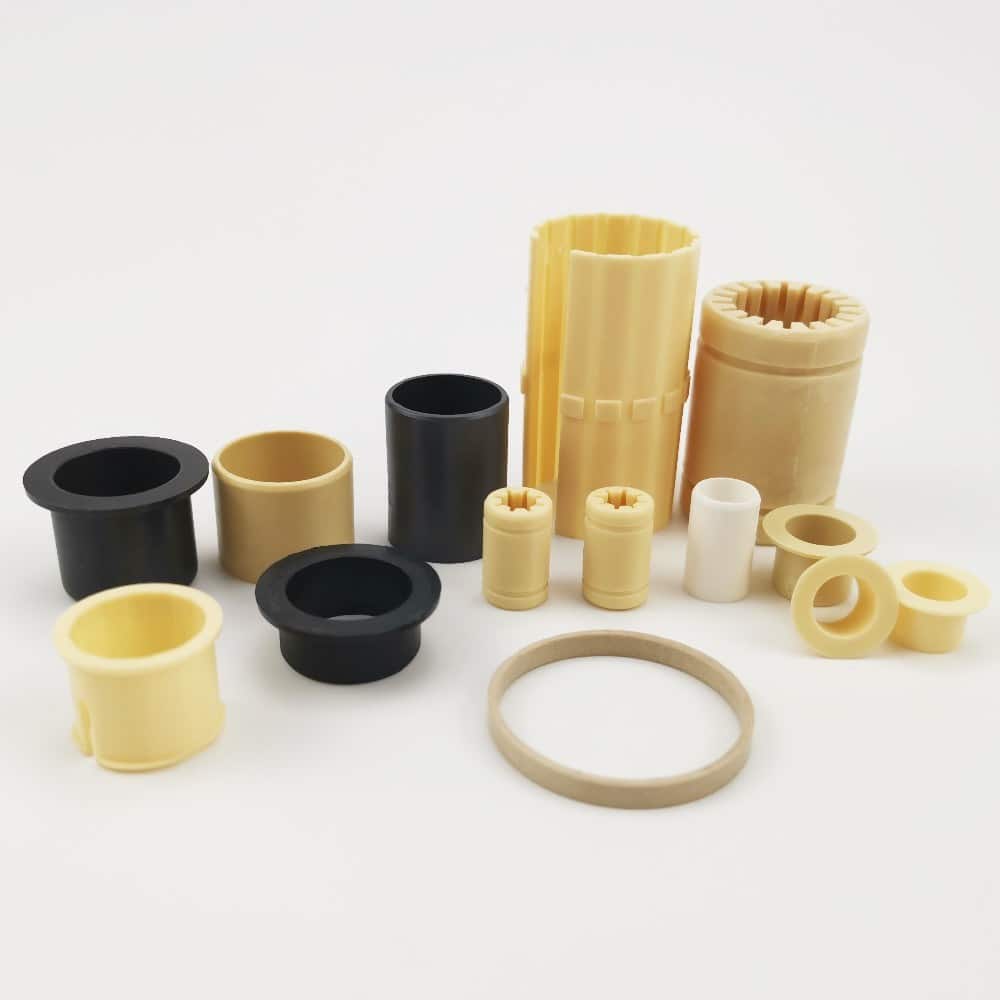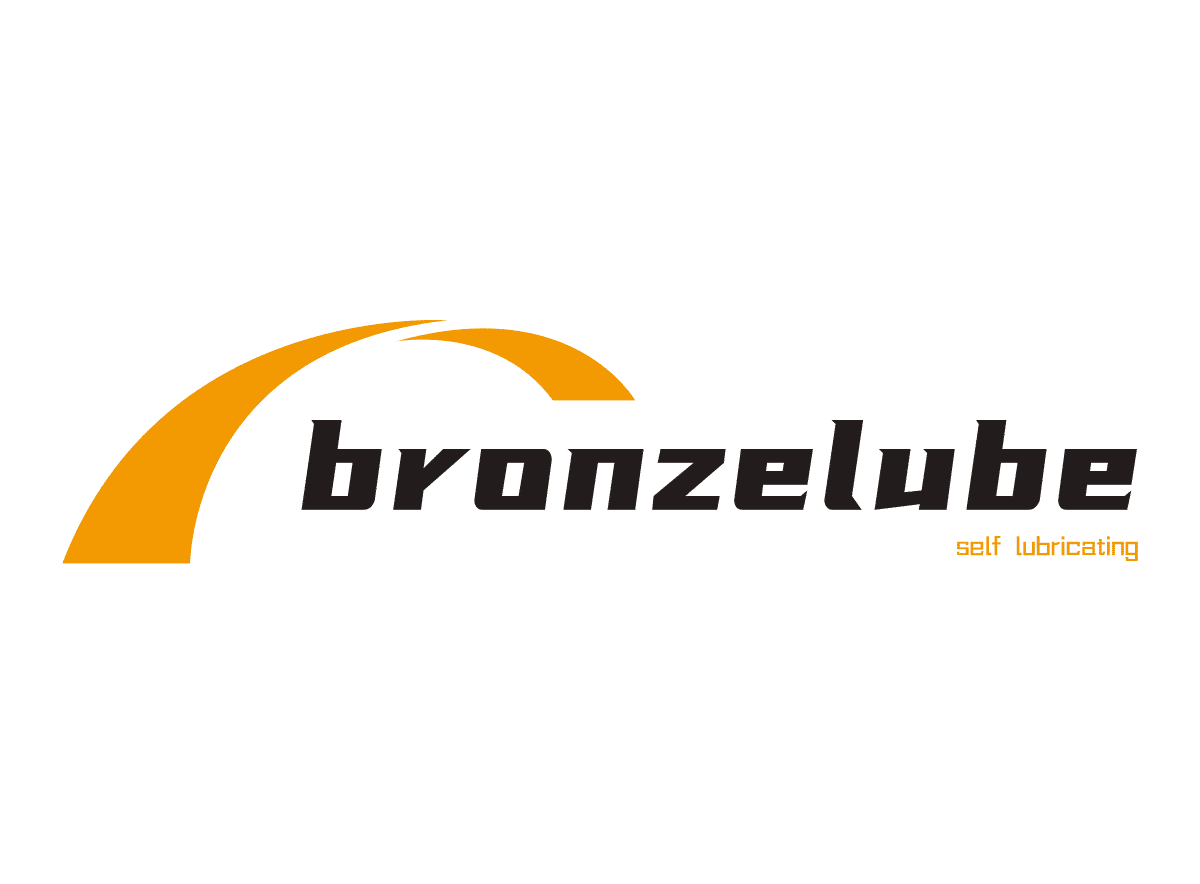low coefficient of friction plastic
low Wear
What material has the lowest coefficient of friction?Match the Right Composite Bearing Material to the Job. See Our Bushing Selector Guide. Get the Best Combination of Low Friction, Low Maintenance Bearing Bushing
professional
Plain Bearing Bushing
Low friction Plastic Bearings Products, Use plain bearing when problems with heat, cold, lubrication, wear, corrosion or friction are a design constraint.
Low friction Bearings
Focus
Engineering plastic polymer bearings provide excellent wear resistance and low friction over a wide range of dry and lubricated operating conditions.
Low Friction, Lightweight,
Engineering Polymers
Lowest Coefficient of Friction, designed to operate dry.

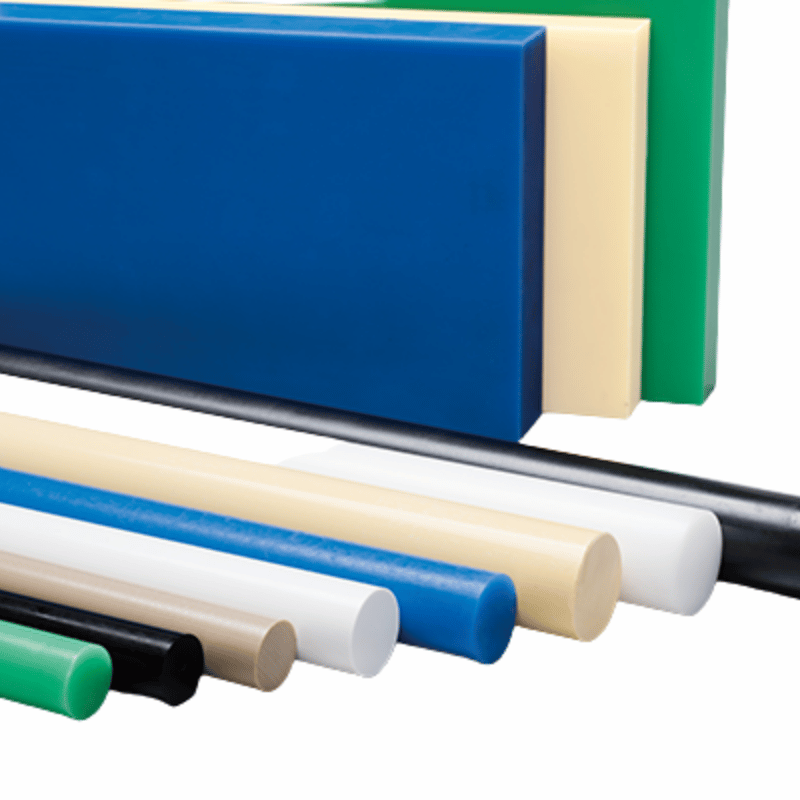
Low friction plastics – sliding materials, High Performance Plastics Material
Highly functional PTFE plastic series of plain bearing bushing type. plastics are known for their low coefficient of friction, excellent wear resistance, wide range of operating temperatures and chemical inertness. Plain bearings bushing homogeneous material made primarily of PTFE-based resins engineered and developed for specific applications. Lowe coefficients of friction of most reinforced PTFE materials.
about the company
It’s a polytetrafluoroethylene polymer. Polytetrafluoroethene (commonly known as “non-stick coating” or “easy-to-clean material”) is a synthetic polymer that uses fluorine to replace all hydrogen atoms in polyethylene. This material is resistant to acids and bases, and to various organic solvents, and is insoluble in almost all solvents. PTFE is also resistant to high temperatures and has a very low coefficient of friction, making it ideal for lubrication and as a coating for the interior of woks and pipes.
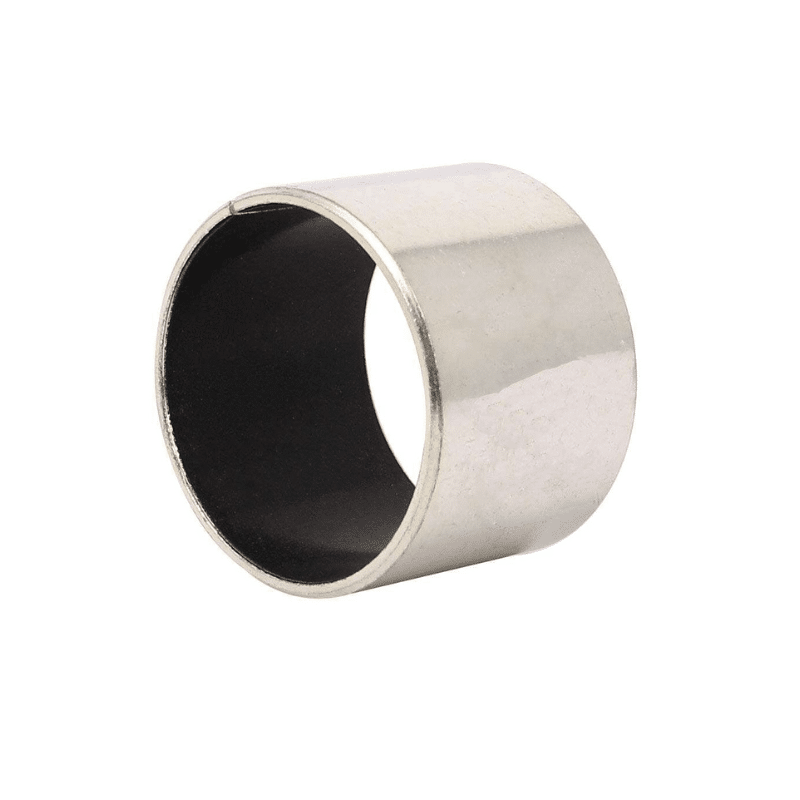
Product Quality Index
Energy Generation

Low friction plastics – sliding materials, High Performance Plastics Material
polymer-reinforced PTFE composite that works extremely well on low-hardness surfaces such as 316 stainless steel, aluminum, low-hardness steel, brass, and plastics. It not only ensures that the low hardness shaft it is rubbing against is free from wear, but also has low friction, low wear and self-lubricating properties.
lowest coefficients of friction among reinforced PTFE composites. It is therefore extremely suitable for applications where frequent opening and closing devices are required to eliminate creep. Its excellent tribological properties make it an ideal material for the manufacture of bearings and wear-resistant components.
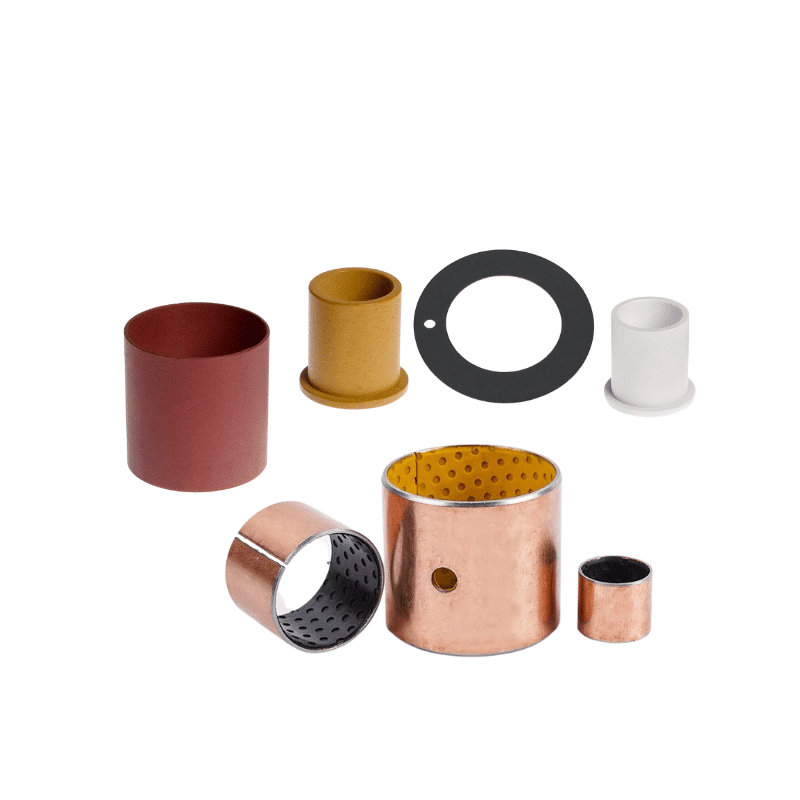
Lowest Coefficient of Friction, Plastic Machined Bushing bearing Parts
- Polymers product line and operates extremely well against soft mating surfaces, has excellent wear resistance
- Low maintenance plain bearing bushing
- Self-lubrication bushing
- Wash down and caustic resistance
- Plain bearing for superior dry friction
- Eliminates stick/slip
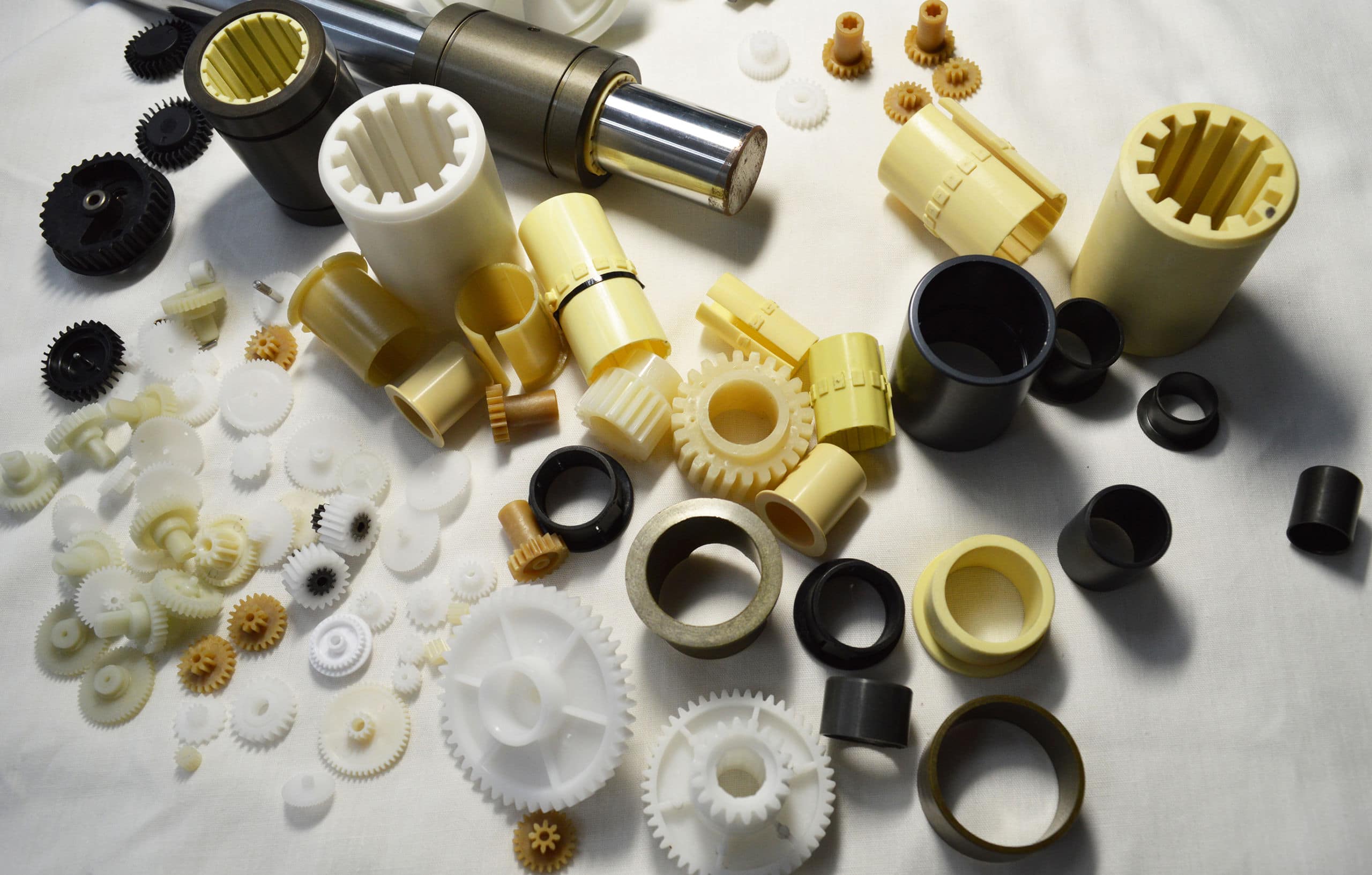
taxation planning
Eiusmod tempor incididunt ipsum ut labore dolore magna aliqua. Ut enim minim veniam duisy ipsum sed quis.
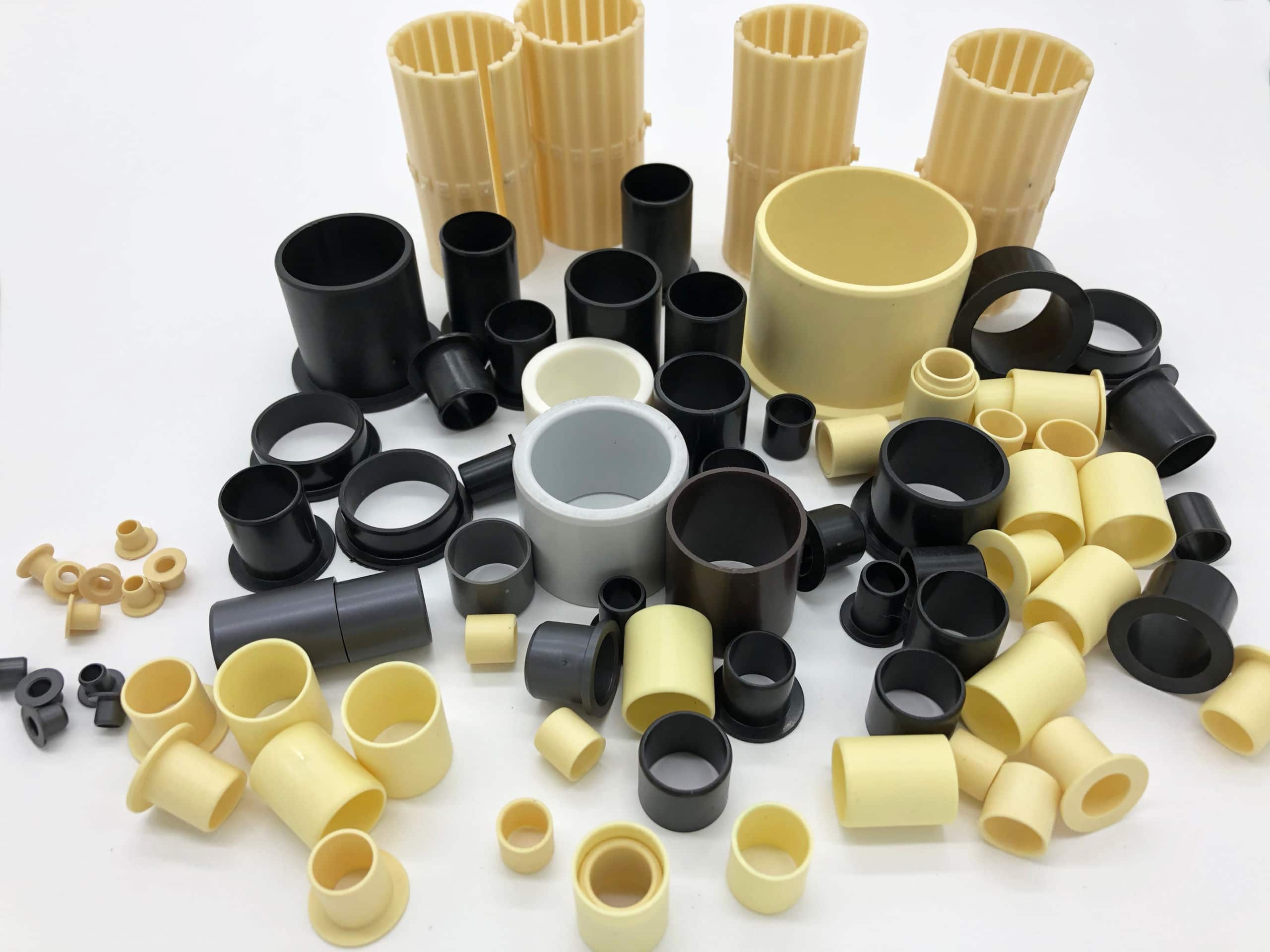
Low-friction plastics for lining applications
One of the original compounds, it is a reinforced material that combines optimum wear and friction properties with excellent value.
One of the lowest of all PTFE reinforced plastic bearing materials. It is well suited for start/stop applications where stickiness/slip must be eliminated. It is not recommended for use in steam or other humid environments.
When you want low maintenance, self-lubrication and the lowest coefficient of friction of all PTFE blends, consider contacting us.
Getting to Know Your Plastic – Filled PTFE, Low Friction Materials Products & Suppliers
Plastic Plain bearings
Plain bearings have excellent coefficients of friction. This is why the company Chapel relies on bushing materials for their hydraulic cylinders. The Lowe Coefficient of Friction. Low Maintenance & Self-Lubrication Bearing Bushing Parts. Ideal for Dry Applications. Resistant to Corrosion.
Plastic Bearings a reinforced material that combines optimum wear and friction performance with excellent value. Golden Plastic Plain Bearing bearings use a unique filler that increases temperature stability for enhanced wear. It is considered a “shaft friendly” compound that works well on soft-fit surfaces such as 316 stainless steel, aluminum, mild steel, brass and other plastics.
